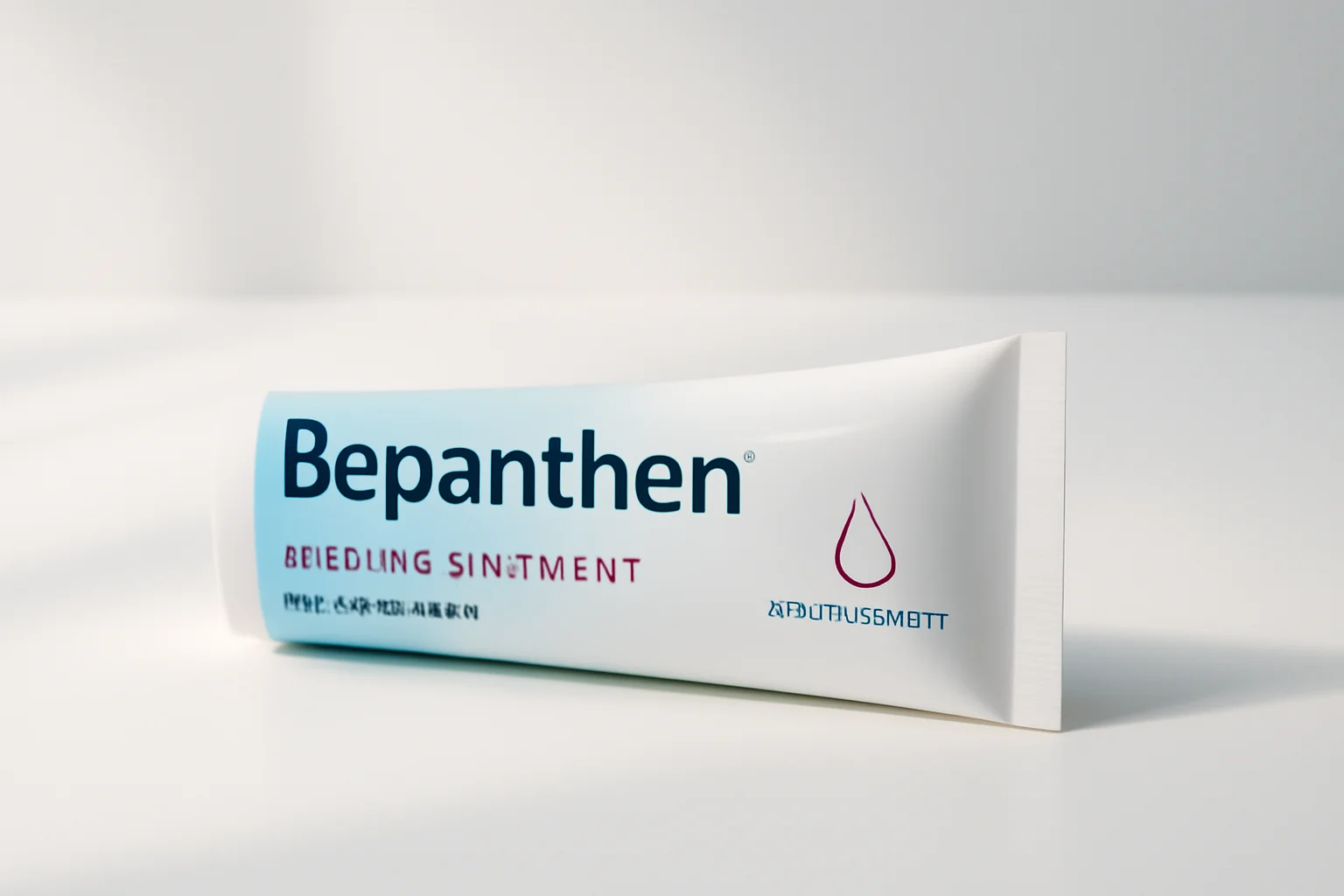
The advantages of granules and powders: when to choose which?
The choice between granules and powders often arises in various industries, whether in pharmaceuticals, food production, or other product manufacturing. Both forms have their own advantages and disadvantages that affect their usage and effectiveness. Granules generally have larger particles, allowing for easier handling and more precise dosing. In contrast, powdered materials dissolve and absorb more quickly, which can be beneficial in certain applications.
The areas of application span a wide spectrum, from the production of medications to dietary supplements and even cosmetics. The physical and chemical properties of the materials, such as moisture retention, storage stability, and bioavailability, all influence which form is the appropriate choice. The decision should consider the intended use, application method, and desired effectiveness.
The aim of this article is to provide deeper insight into the differences between granules and powders and to assist in making the right choice, taking into account the various factors that affect the effectiveness and applicability of the products.
Granules: Advantages and Disadvantages
Granulated materials have several advantages that make them popular in many industries. One of the most significant benefits is that granules are easier to handle and transport than powders. Due to their larger particles, granules do not stick together as much, reducing the risk of dusting. Additionally, granules allow for more accurate dosing, as the larger pieces facilitate measurement and reduce errors during dispensing.
The moisture retention capability of granules is also an important consideration. Since granules have a more compact structure, they absorb less moisture than powders, which increases the shelf life of the products. This is particularly important for products that require long-term storage, such as medications or dietary supplements.
However, granules also have disadvantages. One of the biggest drawbacks is that they dissolve more slowly than powders. This is especially important to consider for fast-acting products, where rapid absorption is crucial. Furthermore, the production of granules is generally a more complex and costly process than that of powders, which can affect the price of the final product.
Overall, it is essential to be aware of the various advantages and disadvantages of granules to make the most appropriate choice for different applications.
Powder: Advantages and Disadvantages
Powdered materials are a popular solution in various industries. One of their greatest advantages is the rapid dissolution and absorption. This property can be particularly important for medications or dietary supplements, where achieving a quick effect is the goal. Powders typically have smaller particle sizes, allowing them to enter the body quickly, thus producing an immediate effect.
The production of powders is generally simpler and cheaper than that of granules. Due to lower manufacturing costs, powders often emerge as a more cost-effective solution in the market. Additionally, powders can be much more versatile in their usage, as they can be applied in various forms and combinations.
At the same time, powders also have disadvantages. One of the main issues is dusting, which is associated with the handling and transportation of powders. Powders tend to become airborne, which not only pollutes the work environment but can also lead to material loss. Furthermore, powders can more easily absorb moisture, which deteriorates the shelf life and quality of the products.
Considering the advantages and disadvantages of powder applications, it can be stated that while they are often an ideal choice, understanding the intended use and desired effect is crucial for proper application.
Granules and Powders in the Pharmaceutical Industry
In the pharmaceutical industry, the use of granules and powders is extremely common, and the choice often depends on the desired effect. Granules are particularly useful in cases where the dosing of medications is critical, as they allow for more precise measurement and dosing. Additionally, granules can be more stable against moisture, which helps prevent the degradation of medications.
Powders, on the other hand, may be ideal for the production of fast-acting medications. Rapidly dissolving powders allow active ingredients to be absorbed quickly in the body, which can be particularly important in emergency situations. The production of powders is also generally more cost-effective, which can be an advantage for manufacturers.
It is important to note that in the pharmaceutical industry, the form of active ingredients not only affects the manufacturing process but also the patients’ experiences. The application of granules and powders in various forms can contribute to the effectiveness of medications and patient satisfaction.
When making a choice, it is crucial to consider the needs of patients, the purpose of the medication, and the desired effect to select the most appropriate form.
Granules and Powders in the Food Industry
Granules and powders are also widely used in the food industry, and the choice often depends on the type of product and the intended use. Granules may be ideal for producing various flavorings, spices, and additives, as these forms are easy to handle and dose. Due to their stability, granules are also suitable for long-term storage, which is an important consideration in the food industry.
Powders are also popular in the food industry, especially due to their quick dissolution. Instant drink powders, for example, allow consumers to prepare a beverage quickly and conveniently. The versatility of powders is also beneficial, as they can be added to various foods, including baked goods and desserts.
However, disadvantages may also arise here. Powders tend to clump, especially when exposed to moisture. This deteriorates the quality and appearance of the product. In the case of granules, the risk of clumping is lower, making them generally more stable.
When choosing between granules and powders in the food industry, it is worth considering the shelf life of the products, the method of use, and consumer demands.
The information presented in this article does not substitute for medical advice. In case of health issues, always consult your physician.

